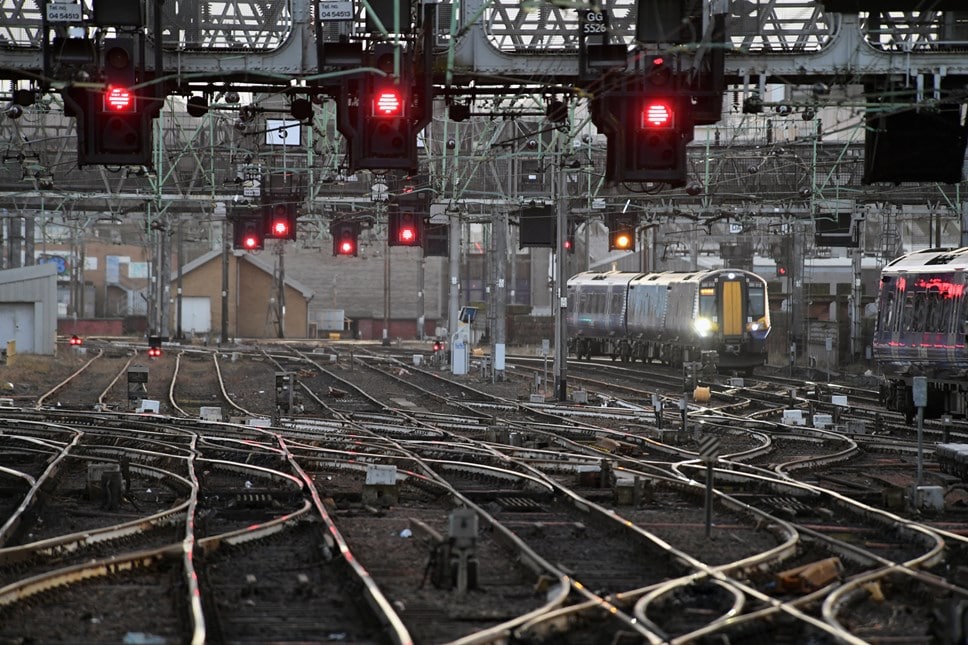- Rail industry urges RMT to call off premature strikes and continue discussions to avoid unnecessary and disruptive industrial action .
- Reform is necessary to modernise the industry and secure the long-term future of the railway.
The rail industry is urging the RMT leadership to continue discussions and call off strike action following the union’s announcement of planned walk-outs on 21st, 23rd and 25th of June. The dates are the same across all Train Operators providing services for the Department for Transport (DfT) and Network Rail, and they coincide with strikes on the London Underground (21 June) as well as Glastonbury Festival in the South West between Wednesday 22 June and Sunday 26 June.
The strike action will cause significant disruption to businesses and passengers, particularly key workers who cannot work from home.
The rail industry has held talks with the RMT and wants to work to find a solution that will avoid strikes and achieve a fair deal for passengers, taxpayers and rail staff.
Reform is necessary to secure a long-term future for the railway, which has received over £16bn since the beginning of the pandemic to keep services running. This sum – equating to nearly £600 per household – means the industry is taking more than its fair share from other public services.
With passenger numbers only at around 75% of pre pandemic levels, it is not sustainable to expect increased levels of funding indefinitely. Industry needs to change both to become more efficient, and to bring it up to date with how people work and travel today so that it can ultimately attract more passengers back.
Rail Delivery Group Chair Steve Montgomery, said:
“Today’s announcement is disappointing. We urge the RMT’s leadership to call off needless and damaging strikes and continue to work with us to ensure a fair deal for our people and for the taxpayer while securing the long-term future of the railways.
“No one wins in the event of a strike. Staff lose pay, the industry loses vital revenue making it harder to afford pay increases, and passengers and businesses are disrupted.
“While we will keep as many services running as possible, sadly if this action goes ahead, significant disruption will be inevitable. We therefore urge passengers to plan their journeys carefully and find alternative ways to travel during the strike period where possible.”
The industry will now work together to finalise its timetable for strike days which will be announced shortly. Information on ticketing and refund policy during strikes can be found at www.nationalrail.co.uk/industrialaction.
Responding to news of strike dates being announced by the RMT, Andrew Haines, Network Rail’s chief executive, said:
“We continue to meet with our trades unions to discuss their pay concerns and we’re doing everything we can to avoid strike action on the railway. We know that the cost of living has increased and we want to give our people a pay rise, but the RMT must recognise we are a public body and any pay increase has to be affordable for taxpayers and passengers.
“Travel habits have changed forever and the railway must change as well. We cannot expect to take more than our fair share of public funds, and so we must modernise our industry to put it on a sound financial footing for the future. Failure to modernise will only lead to industry decline and more job losses in the long run.
“There are a few weeks until the first strike is planned. We will use this time to keep talking to our unions and, through compromise and common sense on both sides, we hope to find a solution and avoid the damage that strike action would cause all involved.”







